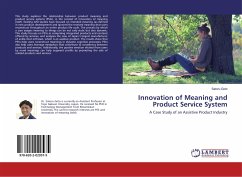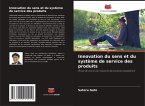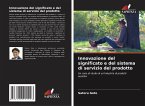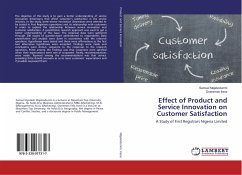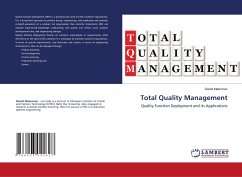This study explores the relationship between product meaning and product service systems (PSSs), in the context of innovation of meaning (IoM). Existing IoM studies have focused on intended meaning (as defined in new product development) and ignored the received meaning that users reconstruct throughout an entire product life cycle. The process by which a user assigns meaning to things can be not only static but also dynamic. This study focuses on PSSs as comprising integrated products and contexts offered by services, and analyses the case of Japan's largest manufacturer of ankle-foot orthoses, which is an assistive product. The results show that PSSs help users reconstruct meanings in dynamic cognitive processes; PSSs also help users leverage metaphors that contribute to consistency between products and services. Additionally, the positive emotion elicited from users by novel meanings can help augment profits by promoting the sale of related products and services.
Bitte wählen Sie Ihr Anliegen aus.
Rechnungen
Retourenschein anfordern
Bestellstatus
Storno

